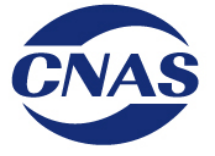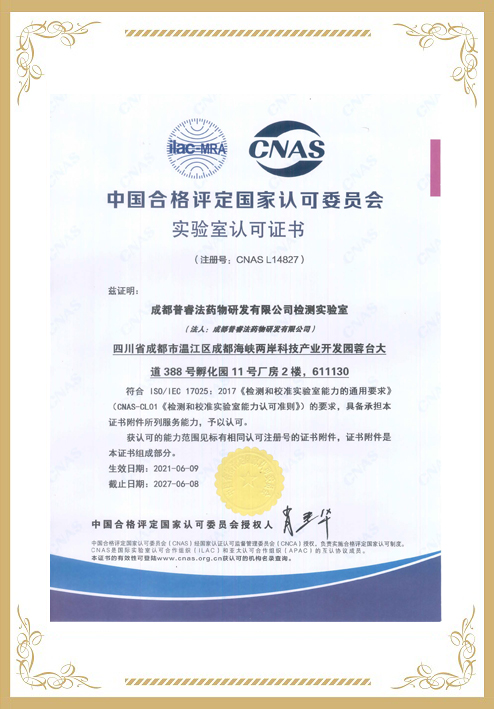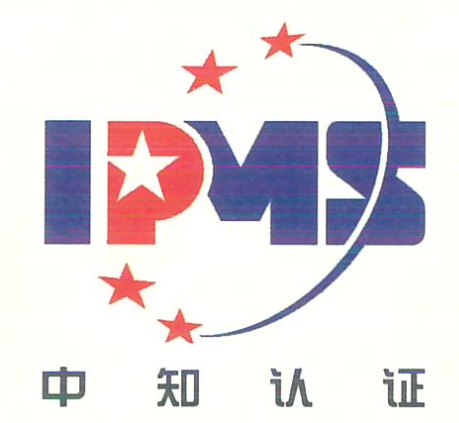Multiple myeloma (MM) is an incurable hematologic cancer that originates from plasma cells and occurs primarily in patients over 60. The prognosis of MM has improved after the introduction of new treatments, such as thalidomide, bortezomib, and lenalidomide. However, in recurrent and refractory MM patients, factors such as age and drug toxicity are important when choosing treatment options. Because of this, the demand for novel, low-toxicity drugs is increasing. This study demonstrated that KBB-N1, an ultra-low molecular weight ginsenoside compound K, effectively treated MM by increasing the expression of phosphorylated p53. Given its minimal toxicity to hematopoietic stem cells and major organs, KBB-N1 is a promising new drug for treating MM in older patients.























